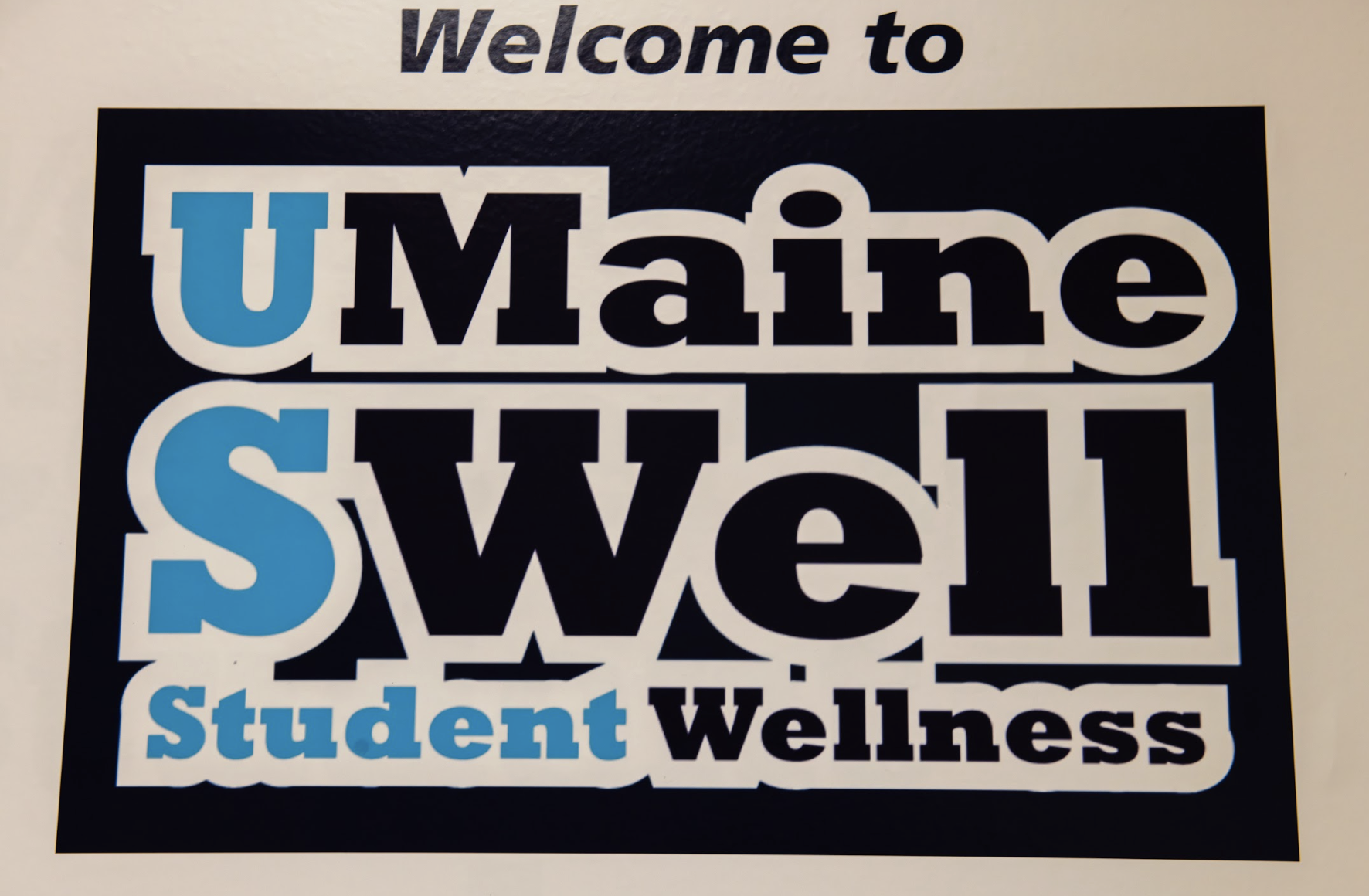EDITORIAL: Sexual and reproductive health services nationwide are facing potential federal funding cuts or have already been impacted. It is heartbreaking to witness women’s right to access these essential services being systematically dismantled — resources that are not only fundamental to our health and autonomy but also to our dignity and well-being.
In response to this, Maine recently implemented state-level funding bills to offset the costs of providing free or discounted care at Planned Parenthood of Northern New England (PPNNE) and Maine Family Planning (MFP), easing the financial burden on these organizations.
LD 143, effective as of Sept. 24, along with an allocation from the state’s supplemental budget passed in June, LD 210, has provided $6 million in one-time funding to the state’s family planning care network.
According to the University of Maine Student Wellness Resource Center (SWell), “College can be a stressful time for many students, but you are not alone. Research shows that when you are healthy in both mind and body, you are more academically successful and feel more fulfilled. Whether it is mental or physical health, we have resources at the ready for topics like stress management, sleep, substance abuse, sexual health, and nutrition.”
Recently, it seems that Swell’s team of professionals and student staff, who are committed to supporting overall health and well-being through accessible resources, have been lacking a crucial resource for promoting “sexual health” emergency contraceptives, commonly known as the morning-after pill.
UMaine students who are on a budget depend on sexual and reproductive health products such as Julie, the brand of emergency contraceptive the university receives for free. This pill can help prevent pregnancy within 72 hours after unprotected sex or other birth control failure. The cost of this pill at drugstores can range from $40 to $50, which is costly for students.
“We are currently in a political climate where many of our reproductive rights are under attack. Being able to provide this medication, which people often overlook its importance, at zero cost in a safe and non-judgmental environment, is important to me. I want to make sure that everybody is safe, comfortable, happy and healthy,” said Casper Cowan, the President of UMaine’s Triota chapter, the national honor society for Women’s, Gender and Sexuality Studies (WGS).
The remaining boxes have been relocated to the Wilson Center, a non-profit organization that has been supporting the UMaine community for more than a century but is not affiliated with the university. Each student is allowed to take one box, and once they expire in December, UMaine will no longer provide free emergency contraception on campus.
“We are discussing exploring potential funds or resources for students who are looking to access these resources but are unable to. However, I really want to avoid that if possible because I think that this needs to be institutionalized within UMaine so that our students have the right to access these resources at a reduced cost,” said Cowan.
The change in policy at UMaine regarding medication distribution on campus extends beyond emergency contraceptives. Medications such as Midol, ibuprofen and acetaminophen will no longer be provided by campus offices. While financial barriers are a factor, they should consider alternative solutions such as partnering with a third-party organization that can provide funding for the redistribution of these medications.
“They are not even allowed to hand out their current stock to students who need it. For example, SWell still has a lot of Midol in their office, but they are not allowed to give it. This was news to me and other students because we were under the impression that their available stocks of any of these supplies would still be available to students. However, that was no longer the case,” said Cowan.
What happened to protecting our on-campus resources that promote our health and autonomy? UMaine’s decision to stop providing free emergency contraception and other medications is a disservice to students, particularly those who depend on the university’s supply.









